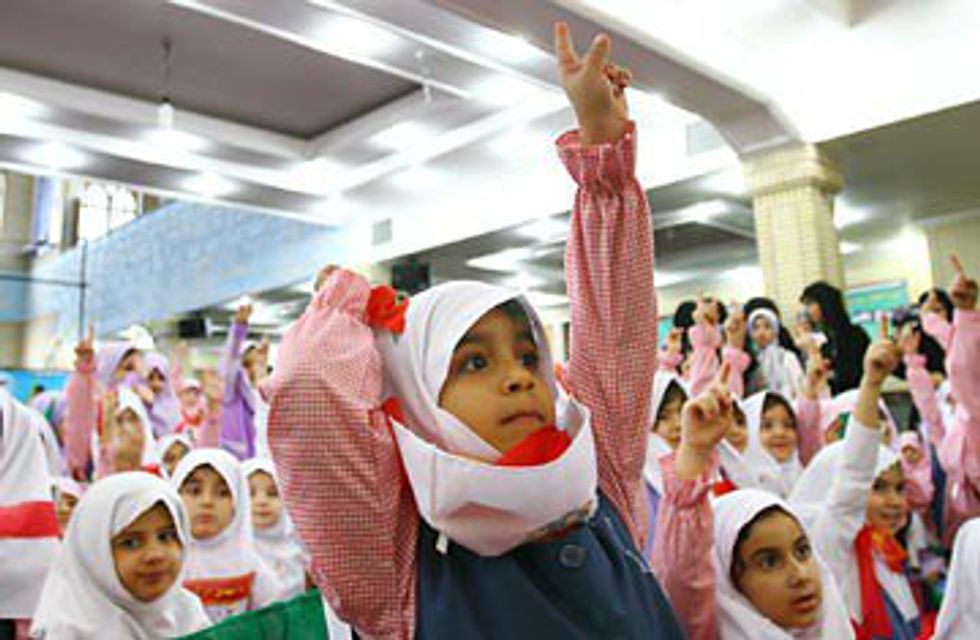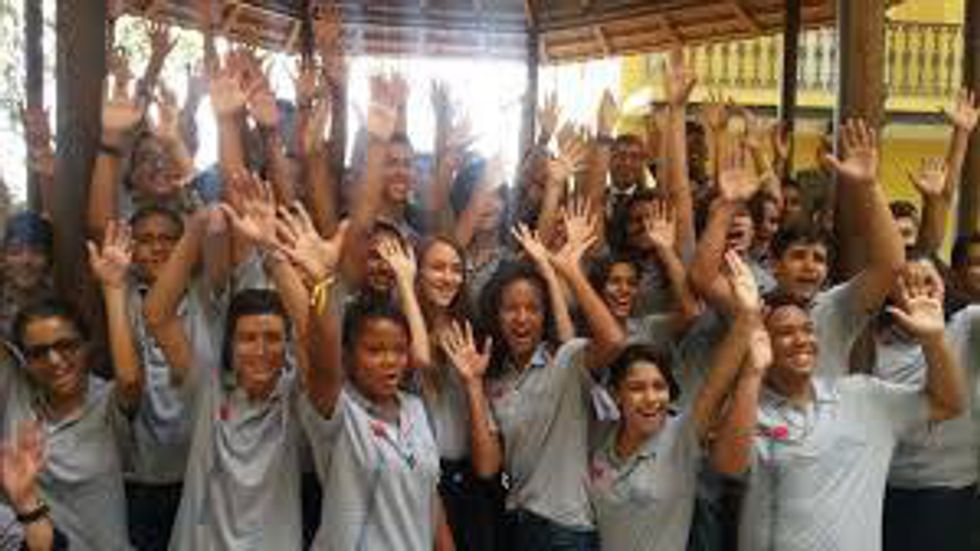Around the world, different counties have different tactics for addressing education. We start school at different times, have different grades, and have different outlines for teaching children how to learn and socialize with others. And while some may seem strange in comparison to what we are used to, all of these differences are used to help best aid students in their pursuit of knowledge from beginning to end.
1. All Russian schools start on "Knowledge Day."

Regardless of whether it's a holiday or a weekend, all kids start a new school year on September 1st, also known as 'Knowledge day.'
2. Students in China on average receive the most homework.
Studies report teenagers spend 14 hours a week doing homework.
3. France takes a very strong stance on lunchtime.
Schools in France schedule one- to two-hour lunches that are fully prepared in order to teach students about food preparation, manners and more before they go back to regular classes.
4. In Iran, boys and girls are taught in separate environments.
Even the teachers must be the same sex as their students.
5. Lessons are played over the radio in Australia.
The School of the Air broadcasts their lessons every day for students who live in exceptionally rural areas of Australia.
6. 'Summer' vacation in Chile takes place from mid-December to early March.
They don't have an official Christmas break, but have several other smaller breaks throughout the year. Other countries within the southern hemisphere have similar systems, as well.
7. All children in Holland start school on their 4th birthday.
For the first year of schooling, new students are constantly joining classrooms because of the varying birth dates.
8. Kids in Iceland are taught how to knit.
Icelandic schools offer classes on knitting and teach students proper techniques in a formal classroom environment.
9. Students wake up extra early for school in Brazil.
Lunch is an extremely important part of the day in Brazil, so most schools start classes at 7 a.m. so kids can go home at noon to enjoy lunch with their families.
10. Kids only start formal schooling at the age of 7 in Finland.
Finland has the oldest recommended starting age in the world. That being said, it seems like this late start has paid off, as they currently are one of the most successful educational systems.
Each nation has a unique approach to how they choose to educate the young. What environment would work best for you?



























